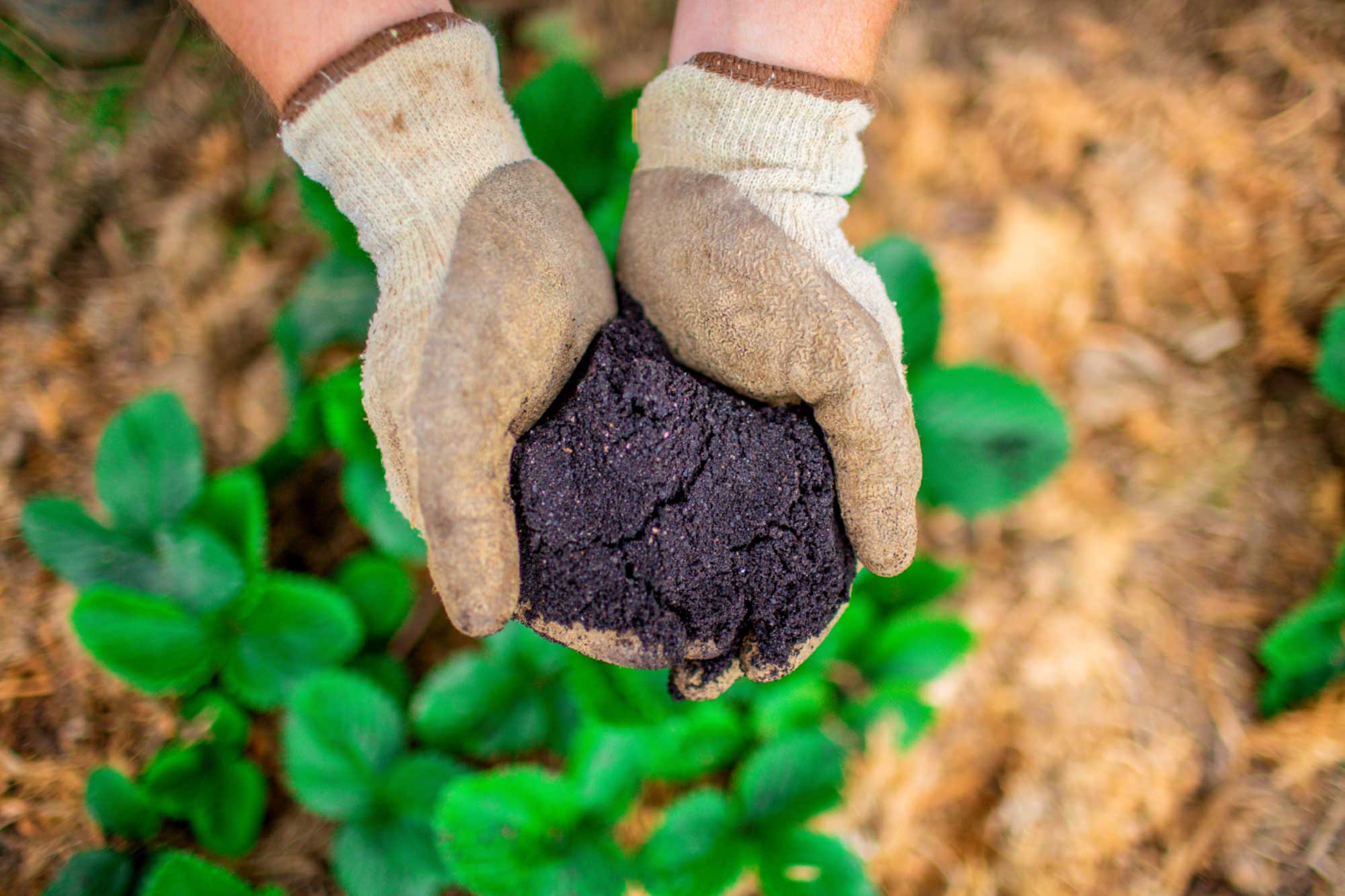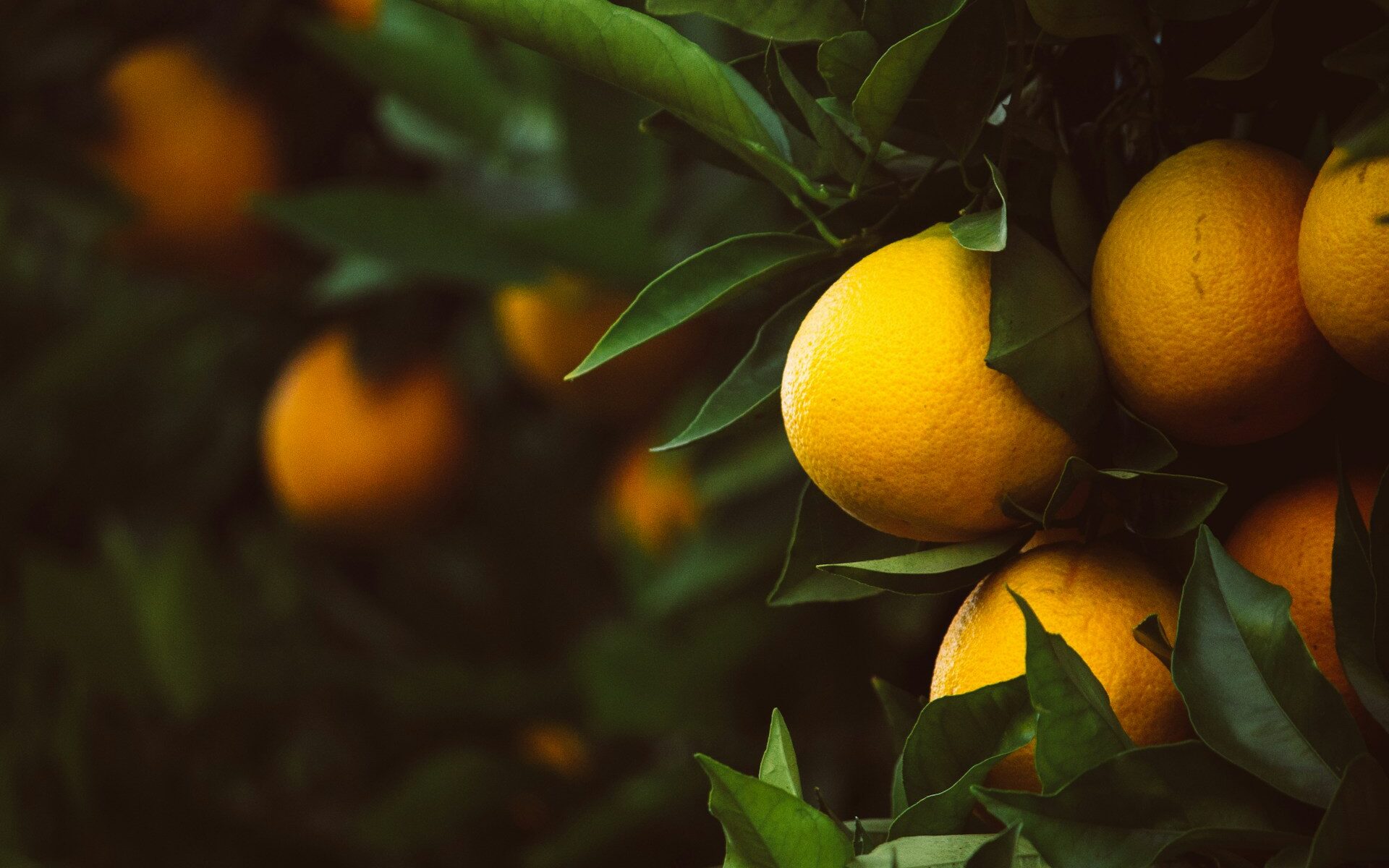Autumn in the temperate regions of Australia is a critical time for gardeners, especially those nurturing citrus trees. These fruit-bearing wonders thrive on more than just sunlight and water; the secret lies beneath the surface in the health of the soil. In this article, we’ll explore how a symbiotic relationship between beneficial microbes, vital sea-derived minerals, and robust soil can lead to citrus that are not just good – but great and how healthy soil leads to healthy plants and fruit.
Great Citrus Fruit starts with Healthy Soil: The health of soil is paramount when it comes to growing citrus fruit. It’s the life force that fuels stronger root growth, leads to healthier plants, and acts as a defence against pests and diseases. But what exactly makes soil ‘healthy’? The answer is thriving microbial life.
Beneficial Microbes – Nature’s Essential Workers
Microbes in the soil play a significant role in amplifying the availability of essential nutrients through increased cation exchange. This enhances the brix levels in plants, which is a fancy way of saying more natural sugars are produced, leading to better-tasting fruit. Furthermore, these microscopic allies bolster the plant’s intake of nutrition, ensuring every orange, lemon, or lime from your tree is the taste and health.
Minerals from the Sea:Trace Elements!
Our oceans are teeming with life, but did you know that they are also a reservoir of vital minerals? For citrus plants, adding a pinch of the ocean’s bounty – which includes calcium, iron, magnesium, and phosphorus – can work wonders.
- Calcium and iron ensure lush green leaves, a testament to evident plant vigour.
- Magnesium is like a health tonic for the entire plant, necessary for photosynthesis and overall well-being.
- Phosphorus secures the promise of strong roots, providing a solid foundation for the beauty that blooms above.
The Role of Phosphorus and Potting Mix Boosters
In particular, Phosphorus is crucial for root development, which is vital during the autumn season as plants prepare for the cooler months ahead. For those growing citrus in containers, incorporating a potting mix booster such as Ocean2Earth, that’s rich in these sea-derived minerals can replicate these conditions found in nature.
Stronger Plant Growth – Seasonally Adjusted
Each season brings its own charm and challenges, and autumn is the time to lend your citrus trees some extra care. Supporting them with the right mix of minerals replicates the balance of elements they would naturally find in a thriving coastal ecosystem.
Big Blooms, Tasty Fruit, and Shiny Leaves
When a citrus tree has all it needs, it shows. Expect to see:
- Big, vibrant flowers: harbingers of the juicy fruit to come.
- Tasty fruit: with complexity in flavor, thanks to higher sugar levels.
- Healthy shiny leaves: reflecting vitality, contributing to the photosynthesis powerhouse.
Sustainability: Giving Back to Mother Earth
While we take from the sea, it’s essential to give back to the land. By diverting products like fish waste destined for landfill into microbially rich soil enhancers, we’re not just reducing Carbon emissions but enriching our garden soil sustainably. Similarly, opting for sustainable packaging solutions for gardening supplies plays a small but significant role in our quest for greener living.
Grow better Citrus this Autumn
For gardeners with dreams of helathy and delicious citrus fruit and for those already growing, remember that Autumn is an opportunity. Adjusting our practices to include the gifts of the sea and the partnership of microbes can upgrade the typical growing experience to one that truly celebrates natural richness and sustainability.
It is never too late to improve your soil as these microbes and minerals will go to work immediately. Citrus are heavy feeders and go through flowering and then Fruit set, so added micronutrients will help stave off pests and diseases at the important stages.
Healthy plants, stunning flowers, and delicious fruits provide a daily reminder of the role healthy soil, and a little oceanic assistance, play in the circle of life. It’s time to roll up your sleeves and give your citrus trees the underfoot conditions they need to flourish. Your taste buds will thank you come harvest time!
Happy gardening!
If this insight into citrus cultivation has rooted a seed of interest, share your thoughts, experiences, or questions in the comments below. We love connecting with fellow gardening enthusiasts and sustainable living advocates!


